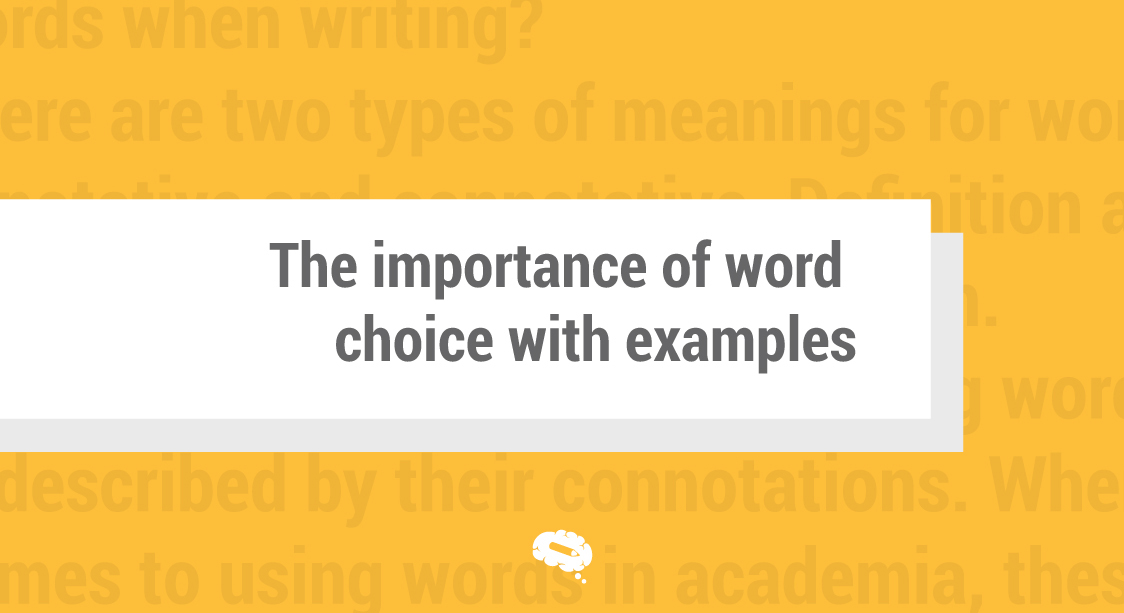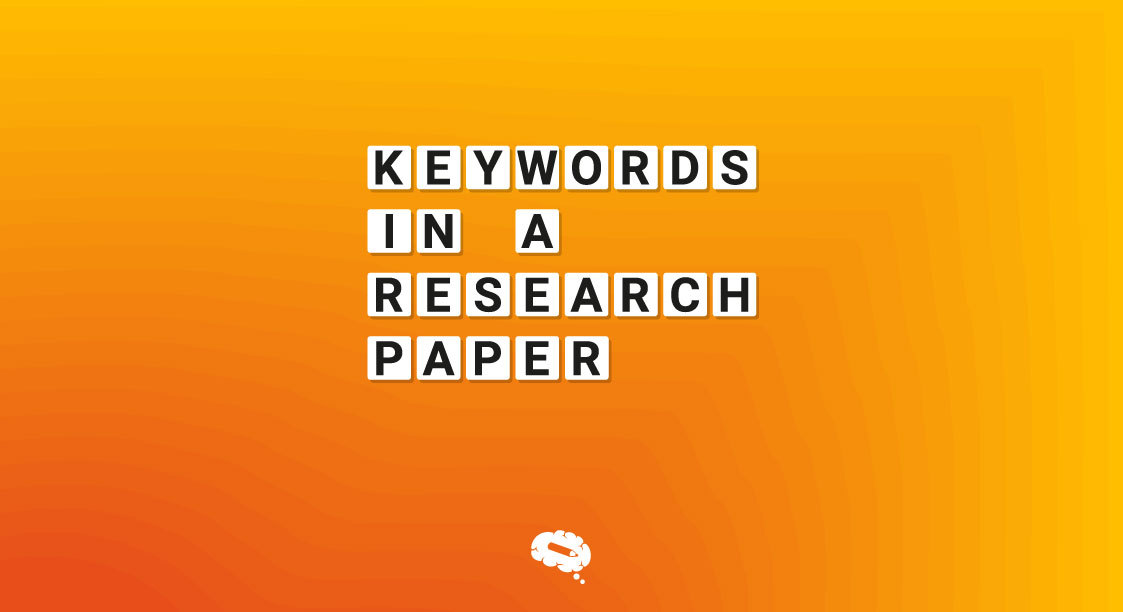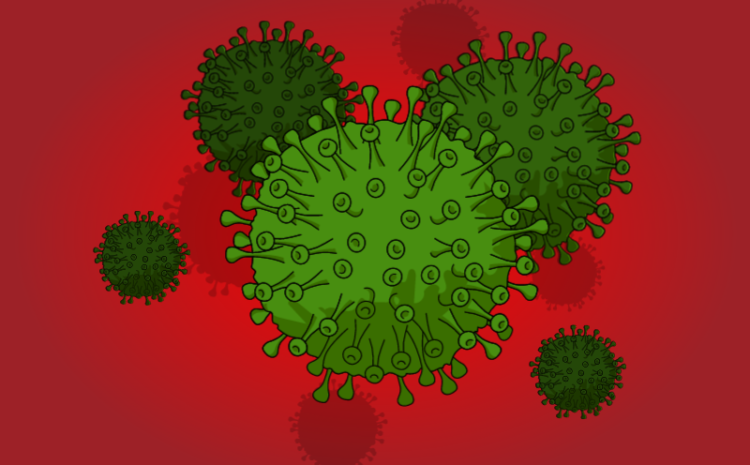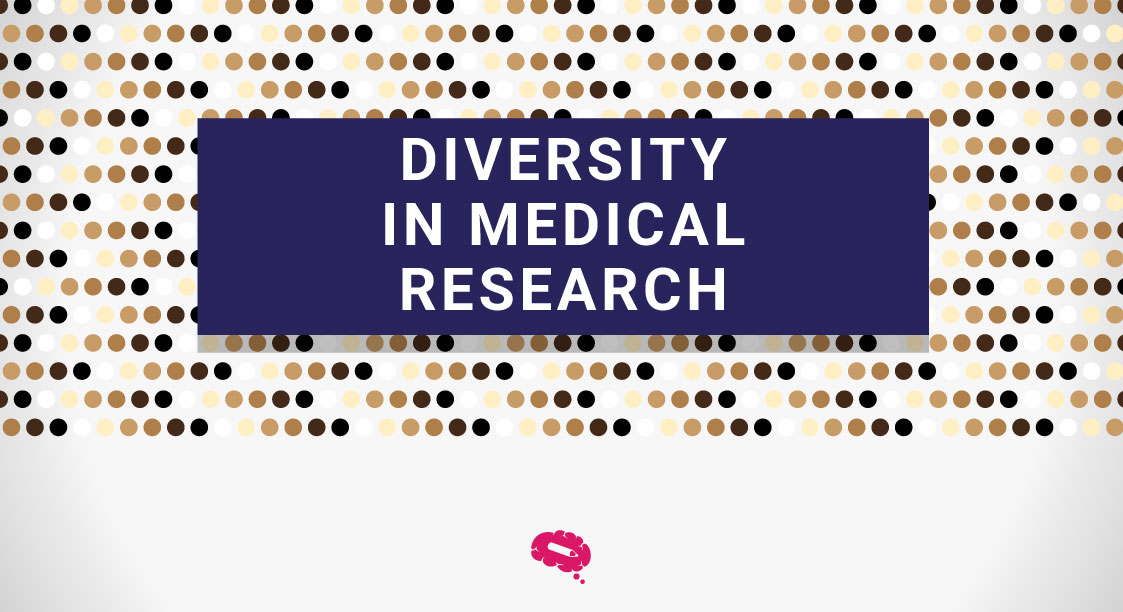When writing academically, the most precise choice is most often the right one. When two words can convey the same idea, the shortest and clearest option is usually the wisest.
The process of choosing what to write involves a lot of consideration. Writing a paper requires choosing a topic, selecting a method, selecting resources, and setting up the main idea; then, when it’s time to write, selecting the words and structuring them.
Choosing the right words seems obvious, but selecting the right words will change your writing tone and content. There are several approaches to consciously choosing words, and we will explore them in this article.
Why is it important to choose the right words when writing?
There are two types of meanings for words: denotative and connotative. Definition and usage are referred to as denotation. Associating, connecting, and using words are described by their connotations. When it comes to using words in academia, these factors can be very important.
When writing a publication, using the right words is essential to its effectiveness. It is imperative to make choices when writing academically, just as when writing in other forms. The phrase, sentence, or even paragraph that most accurately conveys your argument is the first thing you should choose when you’re writing.
Readers are more likely to understand a concept when the word choice is meaningful or striking. The purpose of it is to provide clarity, convey, and enhance concepts. There are several factors that can limit an author’s ability to convey accurate information through their word choice.
Use the right words and the right images together to boost your paper’s potential
Using the right images is just as important as the right words. Beautiful designs and scientifically accurate images can also be decisive when it comes to publishing a successful science paper. Try using Mind the Graph to easily create your visuals and take your work to another level.
The best ways to avoid making mistakes with your word choice
Your reader will have difficulty understanding what you meant when you use misused words or grammar structures. If there is “ambiguity”, “vagueness” or “Unclarity” in these words, they may be ineffective. Writers know what they intend to say, but readers know only what they actually said. Therefore, it is very important to avoid making such mistakes.
Your word choice should always be based on your audience’s understanding. Thus, it is unsuitable to use slang, geographical terms, endearments, and jargon in academic writing. Avoid any phrase that is uncertain about the audience’s understanding.
When proofreading your work, keep your readers’ perspective in mind. Matching the terminology of your subject matter is also important. Clarity and concision are only part of establishing your credibility as an author.
Words can often obscure your meaning if you use too many. A larger amount of material to read and analyze makes it more difficult to read and understand your writing. If your writing has extra words, try to eliminate them.
Keep your tone positive without sounding overly assertive. If you want to brainstorm while you write, you can use the slash/option technique. If you’re stuck on a word or a sentence, write out two or more alternatives. Getting a sense of the right tone of wording for your paper is best done by writing it in at least two ways.
Word choice examples and guide
Jargon
Jargon is an unintuitive, sometimes deliberate way of confusing words or expressions in order to influence a reader’s interpretation. Example: Patients suffered from high fevers and many side effects due to diseases, which they could not handle. (too many words describing the same idea when it could just be a simple sentence,” The disease caused severe symptoms in patients.)
Clichés
When a phrase becomes so common that its meaning is lost, it is called a cliché. A very typical example is “the grass is always greener on the other side” or “last but not least”, do not use it in academic writing.
Big Words
Using big words might sound fancy, but they don’t add meaning rather lead to an inability to comprehend a subject.
Generally used adjectives and adverbs
Appropriate adjectives and adverbs hold quantifiable meanings. Therefore, it is best to use words that describe the context and are accurate.
Wordiness
If your text is too wordy, the reader has to skim through more text to find the main implications of the paper.
Bring words to life with the power of visual
Exactly, we have many templates for every type of science visual communication. Save time by working smarter. The illustrations we offer can be customized to meet your specific needs, and we have a wide range of categories to choose from. With Mind the Graph, science communication is easier than ever before.

Subscribe to our newsletter
Exclusive high quality content about effective visual
communication in science.




